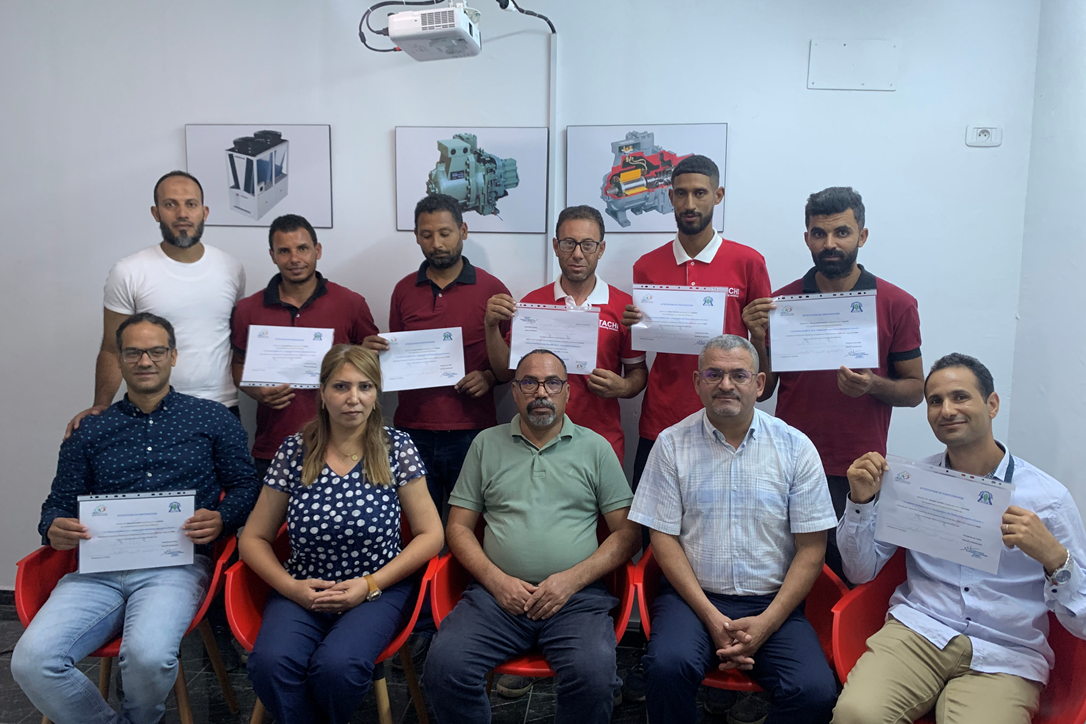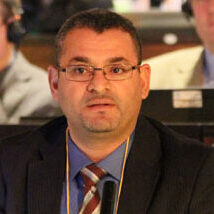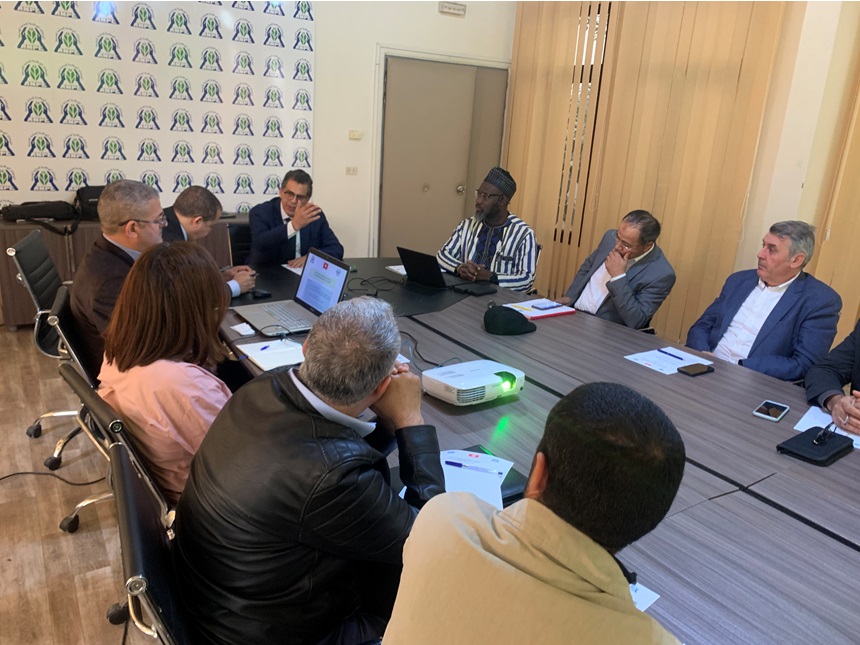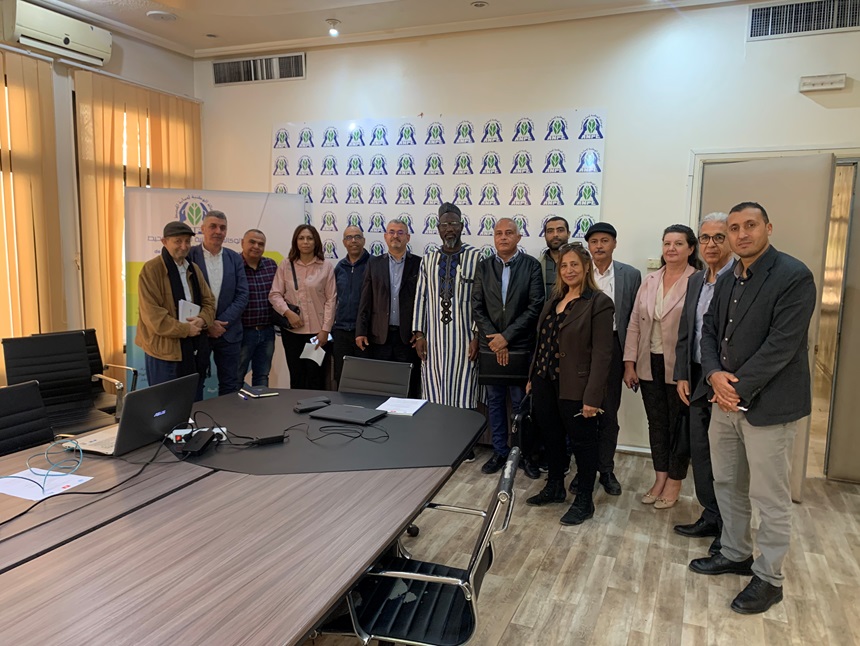Table of contents
- THE ESTABLISHMENT OF A NATIONAL CERTIFICATION SYSTEM FOR REFRIGERATION TECHNICIANS AND SERVICE COMPANIES
- STRENGTHENING THE TECHNICAL CAPACITIES OF TRAINING CENTERS AND SERVICE WORKSHOPS THROUGH TOOLS AND EQUIPMENT FOR THE CORRECT HANDLING OF REFRIGERANTS
- THE ESTABLISHMENT OF A MECHANISM FOR THE RECOVERY, RECYCLING AND REGENERATION OF FLUORINATED REFRIGERANTS
- THE CREATION OF A REGIONAL CENTER OF EXCELLENCE FOR TRAINING, CERTIFICATION, AND UPGRADING
Tunisia ratified the Kigali amendment on August 27, 2021, and is committed to reducing the consumption of refrigerants in the refrigeration and air conditioning sector, and the adoption of new technologies based on low global warming refrigerants, through several activities including the following:
THE ESTABLISHMENT OF A NATIONAL CERTIFICATION SYSTEM FOR REFRIGERATION TECHNICIANS AND SERVICE COMPANIES
As part of the establishment of a national certification system for technicians and service companies operating in the refrigeration & air conditioning (RAC) sector, and with the support of the United Nations Industrial Development (UNIDO), the National Ozone Unit (UNO) organized during the first half of 2024, three (03) certification sessions according to the European F-Gas regulations (Regulation 2067/2015), category I, for the benefit three (03) groups of RAC trainers from the training centers of the Tunisian Vocational Training Agency (ATFP).
These certification sessions took place in May and June 2024, and were provided by the Italian training center “Centro Studi Galileo: CSG”.



In total, Twenty-nine (29) trainers from the RAC sector were certified in 2024 and 141 trainers certified from 2016 until 2024 according to the European F-Gas regulation (Regulation 2067/2015), category I.
STRENGTHENING THE TECHNICAL CAPACITIES OF TRAINING CENTERS AND SERVICE WORKSHOPS THROUGH TOOLS AND EQUIPMENT FOR THE CORRECT HANDLING OF REFRIGERANTS
During the first half of 2024, six (06) training sessions for technicians operating in the RAC sector on good practices for handling fluorinated refrigerants were trained for service companies operating in the refrigeration and air conditioning sector (RAC).
From 2021 until the first half of 2024, 386 RAC technicians have been trained on good practices for handling fluorinated refrigerants, in order to prepare for their certifications. The graph below shows the distribution of technicians trained by training center.



THE ESTABLISHMENT OF A MECHANISM FOR THE RECOVERY, RECYCLING AND REGENERATION OF FLUORINATED REFRIGERANTS
Tunisia is developing a recovery, recycling and reclaiming centre (RRR project) for fluorinated refrigerants with the support of UNIDO. In this context, two (02) RRR centers were acquired consisting of two reclaiming units, recovery machines, recovery bottles and tools necessary for recovery and refrigeration service. The technical-economic model as well as the regulatory framework are being developed for the correct management of fluorinated refrigerants.
In this context, a refrigeration, air conditioning and heat pump equipment (RACHP) monitoring logbook was developed and distributed to RAC companies and to training centers.
THE CREATION OF A REGIONAL CENTER OF EXCELLENCE FOR TRAINING, CERTIFICATION, AND UPGRADING
As part of the preparations for the creation of a regional training center of excellence in refrigeration and air conditioning (RAC), a meeting was organized on April 2, 2024, with the Stakeholders (RAC Association, Ministry of Industry, training centers, national experts) and with the presence of the Director General of ANPE and the representative of UNIDO in Tunisia.
The consultant Mr. Madi Sakande appointed by UNIDO to help Tunisia create this center, exchanged information and knowledge with the participants about the creation of this center.


Youssef Hammami


